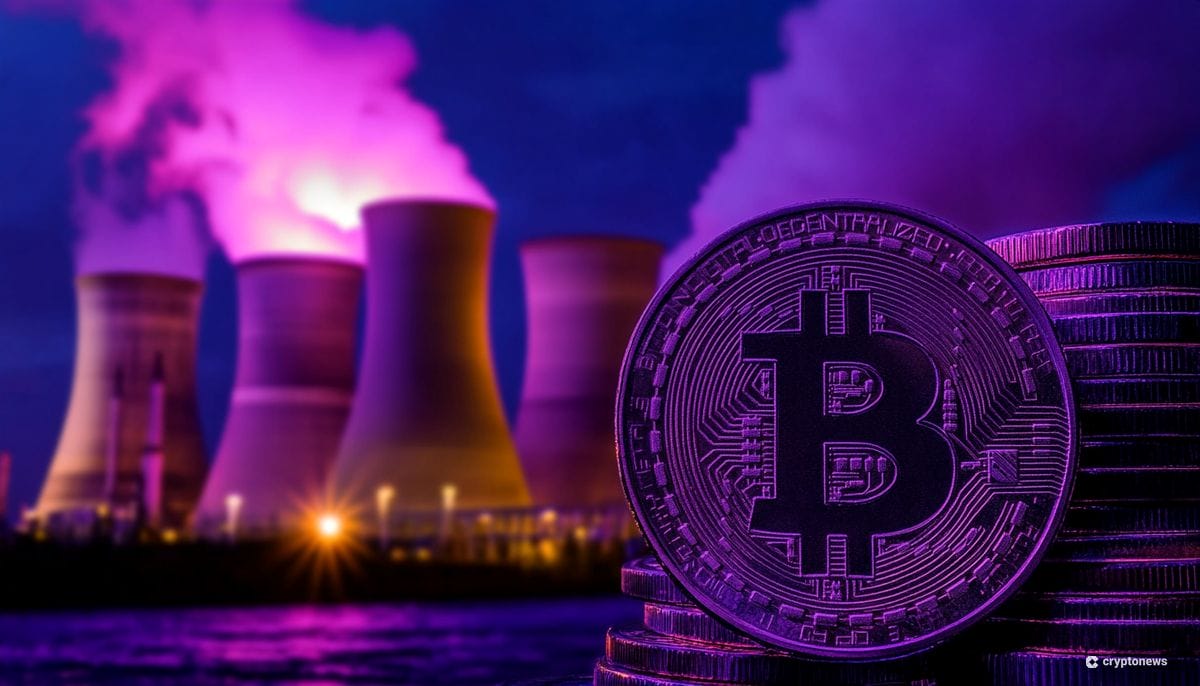The Russian Ministry of Energy has announced that it is prepared to grant crypto miners access to surplus electricity capacity as the nation continues its pivot towards cryptocurrency. The Energy Minister Sergei Tsivilev made this announcement at the Eastern Economic Forum in Vladivostok, stating that allowing legal miners to use surplus power would benefit both miners and power providers. Miners would need to pay taxes on the coins they mine with surplus energy, but they may only be asked to pay a nominal amount for the electricity.
Tsivilev emphasized that only legal miners who are registered in a government-curated registry would be eligible to receive the surplus energy. This move would also help miners transition out of the unregulated “gray zone” and into the legal sector. The minister highlighted that while the mining sector is not a priority for the Russian government, providing socially significant facilities and supporting the development of Russian industries remain top priorities.
Despite the potential benefits of granting miners access to surplus energy, the government is still cautious about fully endorsing the crypto mining sector. Several regions in Russia have reported overload problems in their grids due to mining activities, and President Vladimir Putin has expressed concerns about the growing electricity consumption for mining. To address these issues, Russia’s new mining law allows the government to impose bans on mining activities in specific regions or territories and prohibits power industry players from directly engaging in crypto mining.
The mining industry in Russia is growing rapidly, with significant contributions in terms of tax revenue and job creation. Industry players estimate that industrial miners could contribute $559 million per year in taxes, highlighting the economic potential of the sector. Some of Russia’s major oil firms have already initiated pilot programs with miners to utilize associated gas at drilling sites, showcasing a collaborative approach towards sustainable mining practices.
While the Russian government is taking steps to regulate crypto mining activities, it is also exploring opportunities for collaboration with industry players to mitigate environmental impact and optimize resource utilization. By leveraging surplus electricity capacity and integrating innovative solutions, the crypto mining sector in Russia has the potential to drive economic growth, support technological advancement, and contribute to sustainable development initiatives. As the industry continues to evolve, partnerships between government entities, power providers, and miners will be crucial in ensuring a balanced and responsible approach to crypto mining in Russia.































